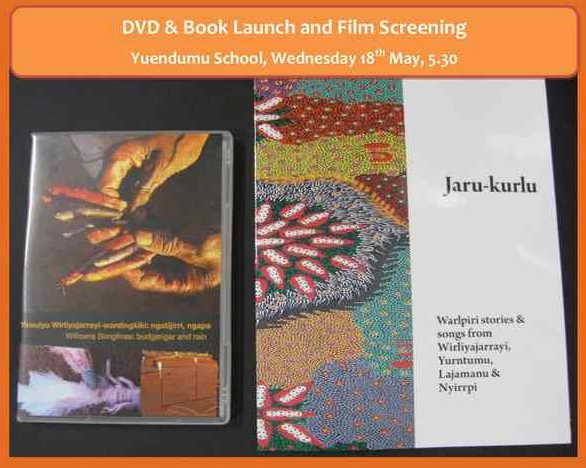Regarding the Inquiry into language learning in Indigenous communities being held by the Australian House of Representatives Standing Committee on Aboriginal and Torres Strait Islander Affairs: we would like to strongly encourage you all to make a submission to the Inquiry, and to reach out to communities, Indigenous organisations, educational institutions and any other relevant people and organisations.
Submissions are due by this Friday, 19 August. However, the Secretariat is open to giving extensions for submissions. If you need to make a late submission, or are concerned or need more information, you can contact the Secretariat by telephone on (02) 6277 4559 or by email.
Jane Simpson (ANU) has created a proforma of useful topics to include in a submission to the Inquiry. You can download the proforma from the RNLD web site here or read the details below.
23/8/2011: UPDATE from Jane Simpson Please draw on these points if they are helpful, but do include the details of your own situation, or concerns that you are familiar with. That’s more useful to the Committee.
 Follow
Follow